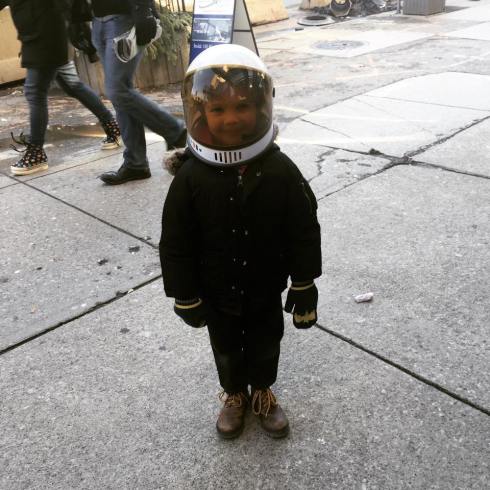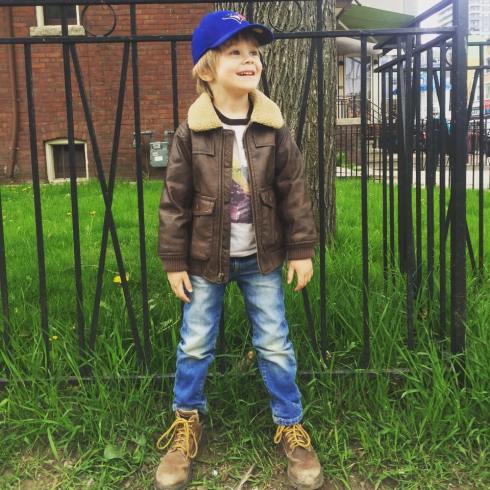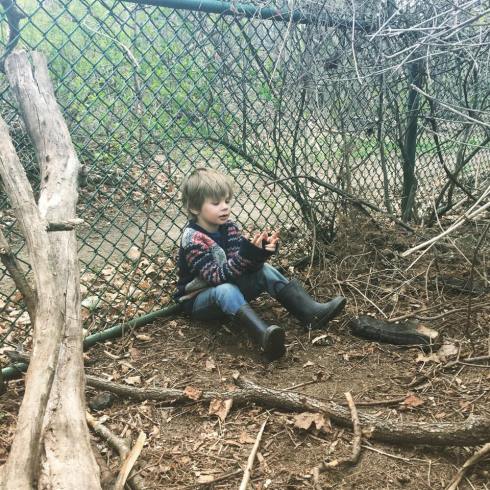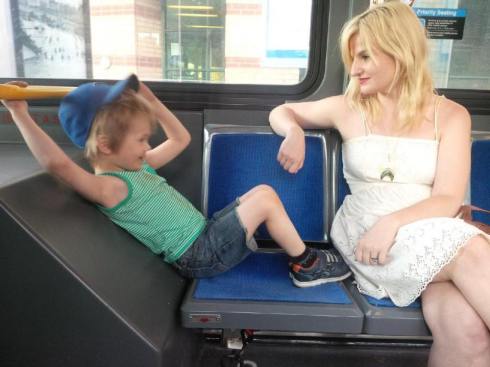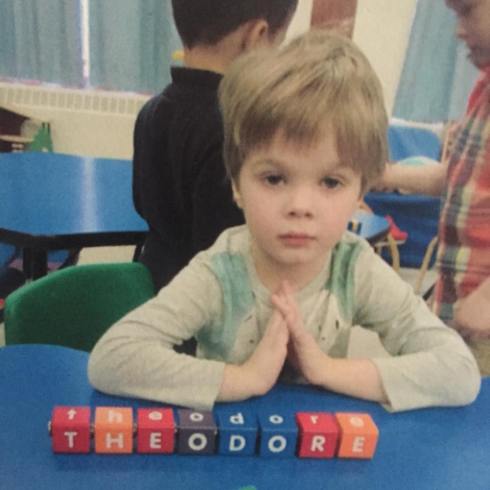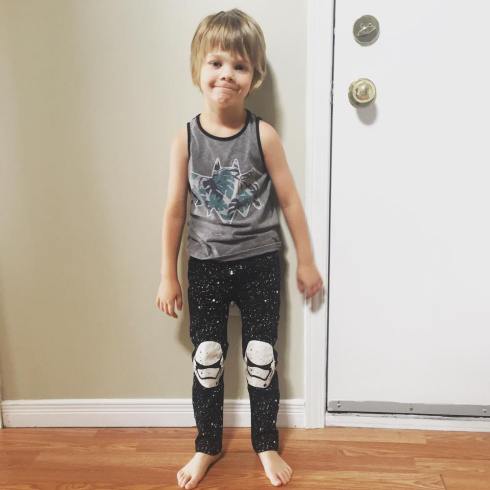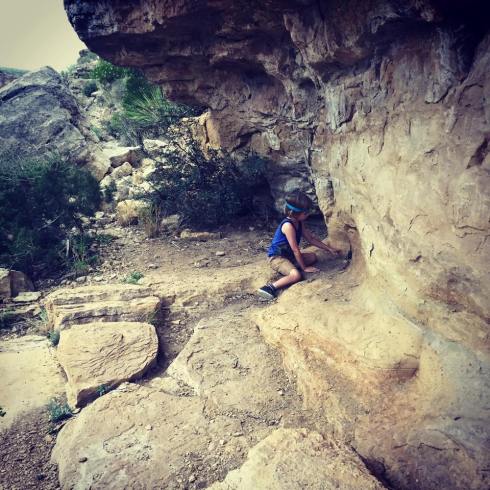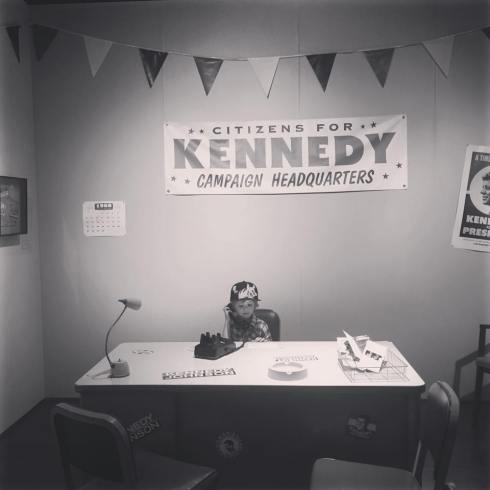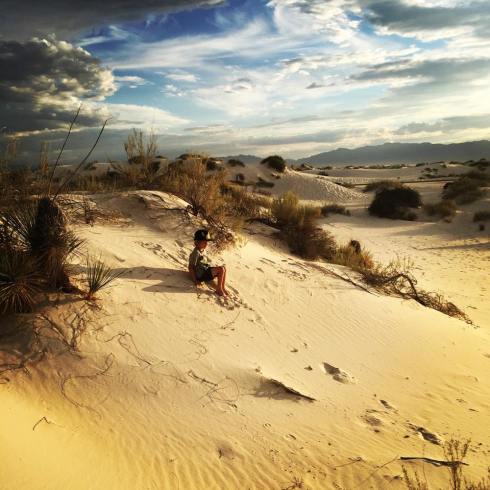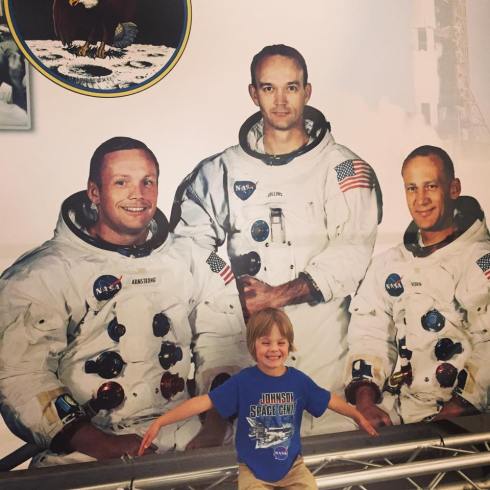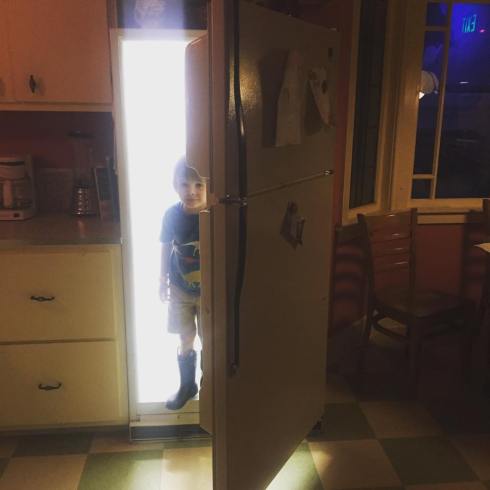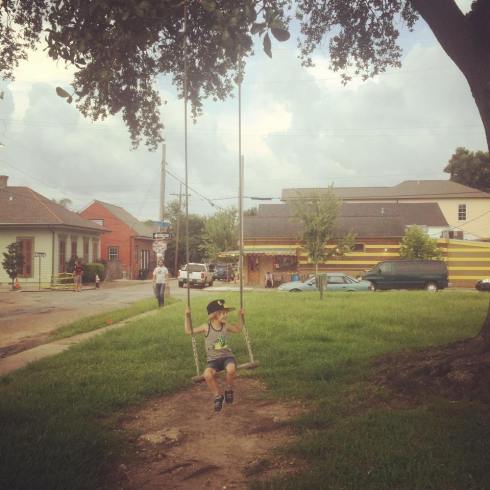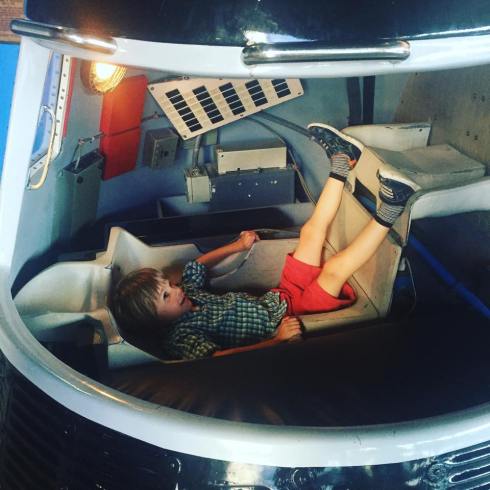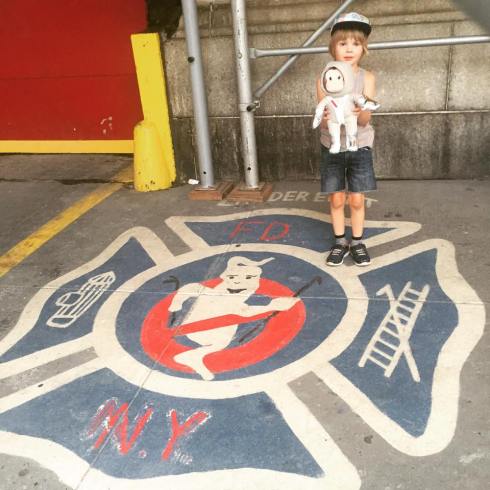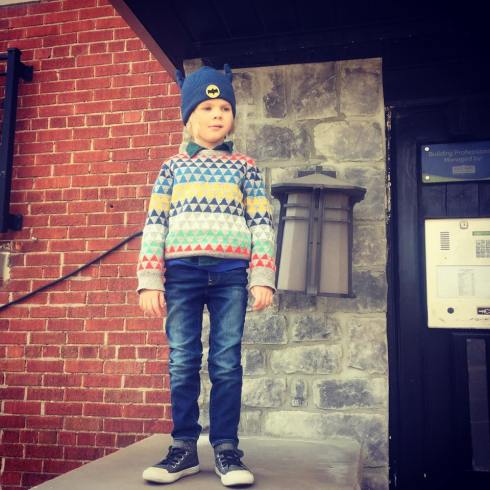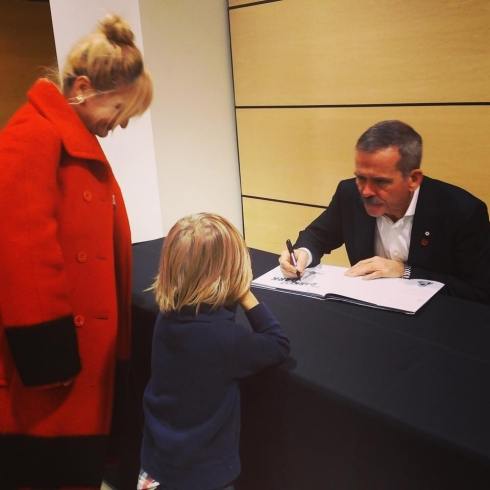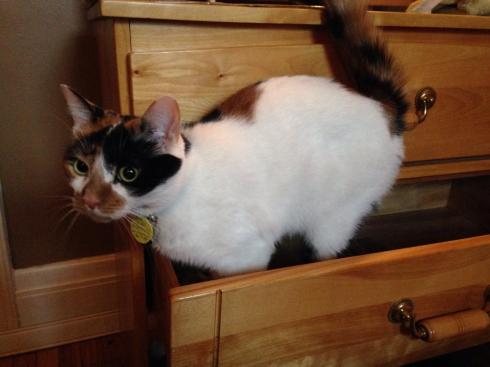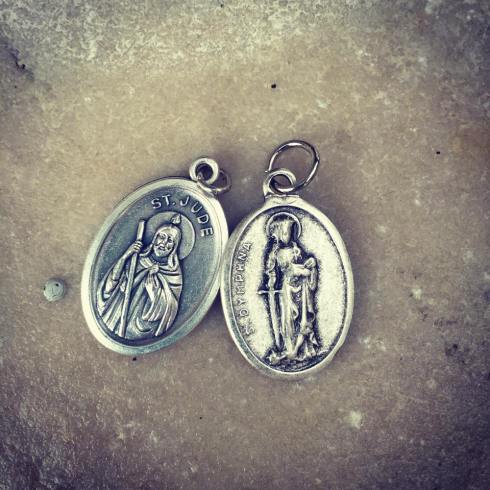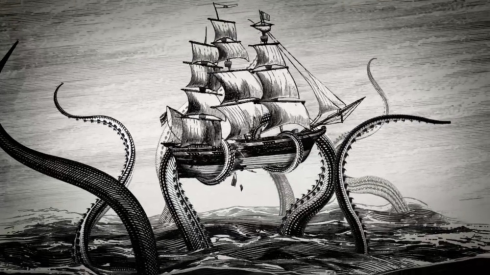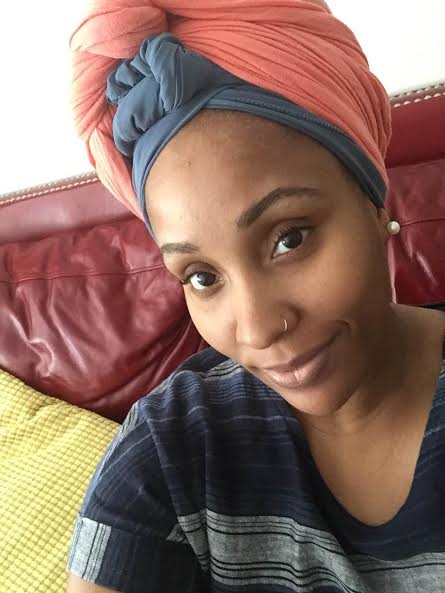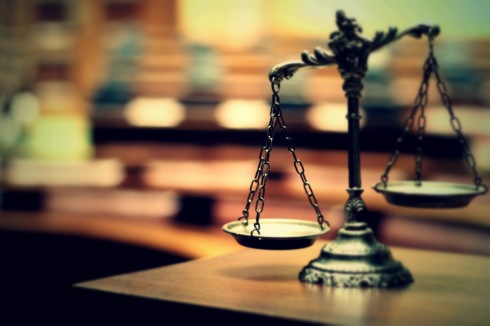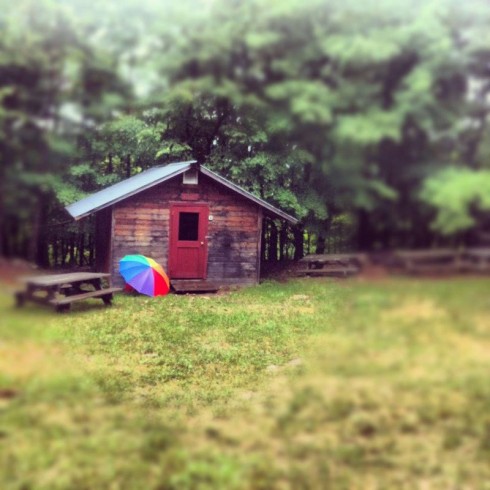I can’t remember a time when I wasn’t preoccupied with my own goodness .
Am I good?
Am I good?
But am I good enough?
Good is a word that children hear early and often. A child probably hears the phrase “be good” – as an exhortation, a command, a plead – several times a day from several different adults. They might hear it so often that they won’t really be sure what good means except to know that they categorically aren’t.
By the time I was in kindergarten I thought that goodness existed as part of a binary, in the sense that either you were or you weren’t. It didn’t take me long to figure out what side of the equation I fell on; no matter how hard I tried to keep my thoughts to myself, to stay at my desk, to model myself after the prim little girls who sat so still and so silent at circle time, it was never enough. I could see that goodness came naturally to some people – I felt that there must be a great well of it inside them that they drew and drew on throughout the day; a source of goodness that kept their faces perpetually smooth and calm, that allowed them to wait to be called on instead of just shouting out the answer.
And me?
Well, I tried so hard to be like those other kids, but my nature always shone through sooner or later. And so it wasn’t long before I realized that inside of me I had a hot core of badness. I imagined it as kind of flaw on my very soul, which I pictured shaped like a white egg roll (mostly because soul and egg roll rhymed) with all the parts of me that would eventually go to heaven tucked inside of it. I imagined some kind of mark there that couldn’t be rubbed out. This distressed me, because I wanted desperately to be good – both for goodness’ sake and also because I saw that things were easier for the good kids. They were never chastised for speaking out of turn. They didn’t get sent to the office. Their parents never got calls from their teachers.
Every night I would wish to wake up good the next morning. Every morning I would promise myself that this would be the day that I was good. Every day my self-imposed goodness wore off an hour or so into the school day.
I never did learn to be good. All I ever learned was that the traits that made up the core of my personality – my enthusiasm, my talkativeness, my sociability – were less than desirable.
It took me a long time to realize that what’s sold to children as goodness is really more like passivity. It’s obedience. It’s silence. It’s never questioning authority. It’s learning facts by rote and then regurgitating them. It’s being easily governable. Easily controlled.
Good is the margarine of words – oily, chemical, not quite what it’s pretending to be – in the same way that nice is. It can mean whatever the speaker wants it to mean – moral and upright, or labile and pleasing. I would wager a guess that Donald Trump’s definition of a good citizen and my definition of the same are greatly different, even if we might use exactly the same words.
Writer Naomi Schulman, whose mother was born in Munich in 1934 and who grew up Nazi Germany, commented a few months ago on the word nice and how it’s being applied to Trump voters who, you know, don’t actually hate the Muslims or the gays or the women.
“Nice people made the best Nazis, wrote Schulman. “My mom grew up next to them. They got along, refused to make waves, looked the other way when things got ugly and focused on happier things than ‘politics’. They were lovely people who turned their heads as their neighbors were dragged away. You know who weren’t nice people? Resisters.”
I’ve seen a few people share these words with the commentary that we should be good instead of nice, and yet I’m not sure that good is much better. Good only means whatever passes for good by the lights of the person who said it – and so many of us disagree right now on what, exactly, good is.
So I’m giving up on being good. Instead, I’ll be a resistor. I’ll be rowdy. I’ll be loud. I’ll be passionate. I’ll be a fighter. I’ll be someone who believes in basic human rights no matter who that human loves or what they believe or where they come from. I’ll be a safe space. I’ll be an advocate. I’ll be anti-racism and anti-transphobia and anti-misogyny and anti-homophobia and anti-Islamophobia and anti-any-other-kind-of-harmful-hate. I’ll be a Nazi-puncher. I’ll be on the right side of history.
In short, I’ll be everything my grade school teachers tried to use good to quash out of me.
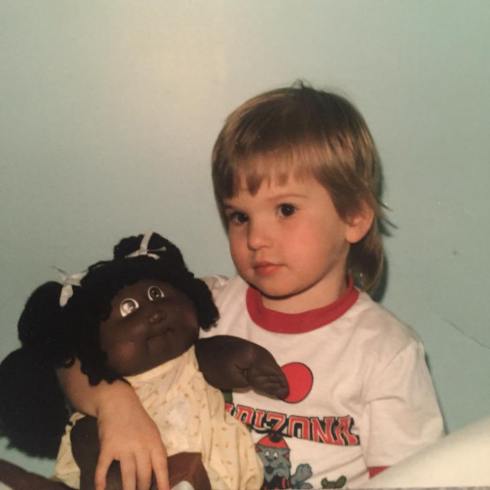
The author, age 4, ready to punch a Nazi and/or talk your ear off

